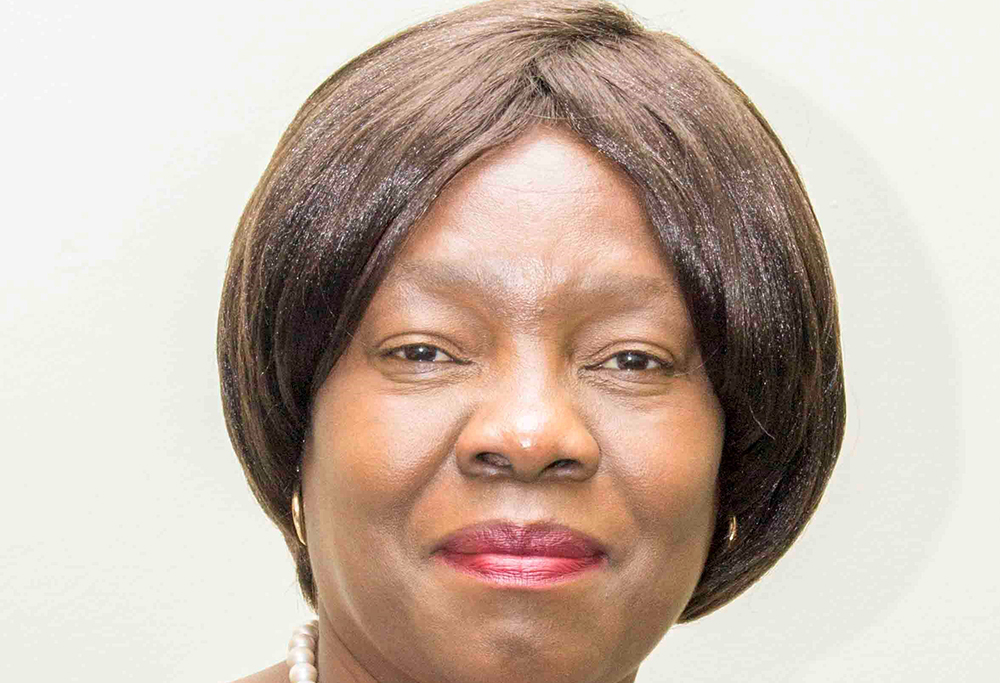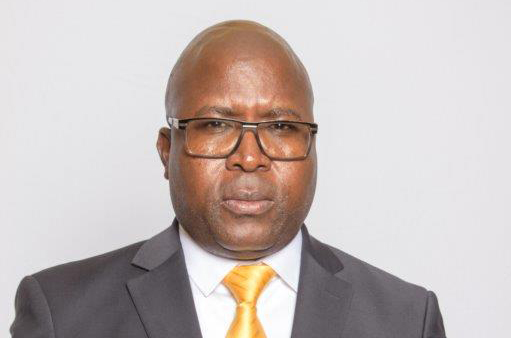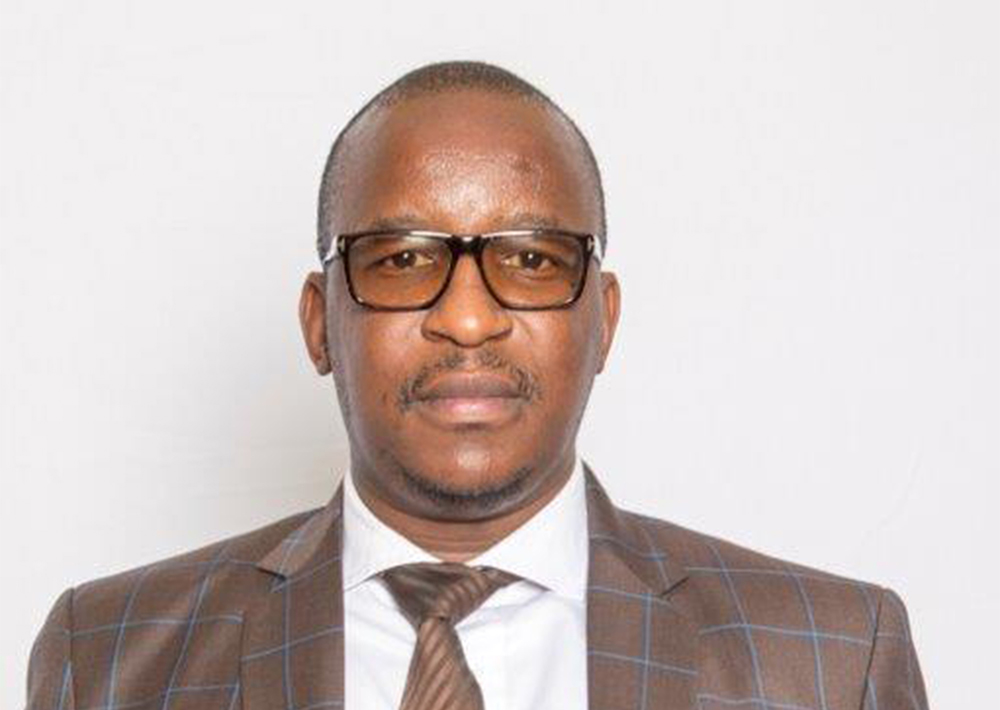Hon. William Matsheke is Chair of the Portfolio Committee on Sport, Recreation, Arts and Culture
SPONSORED
This webinar was hosted by the Mail & Guardian and the Gauteng Provincial Legislature. It featured Hon. Mauwane Rebecca Phaladi-Digamela from Health, Hon. Matome Chiloane from Education, Hon. William Mathafeng Matsheke from Sports, Recreation, Arts and Culture and Hon. Mapiti Matsena from Community Safety. It was hosted by business speaker Vusi Thembekwayo.
The objective of the GPL is to maximise public participation in the provincial government processes. The country is in troubled waters, and to avoid sinking everybody has to come on board. There is widespread poverty and too many people are dependant on social relief. The province is ready to attend to its residents and to ensure that they are safe; for this to happen, people must adhere to the safety regulations and remain home as much as possible during the Covid-19 crisis.
The Gauteng department of education has received a budget of over R50-billion for 2020/21. The mandate has centred around the quality of education, a conducive learning environment, transforming public schooling by lifting barriers to access, equity and redress, and increasing quality pre- and post-school opportunities; but there is a backlog in removing asbestos structures and improving sanitation. Last year 97% of the allocated budget was spent towards these goals, and 33 of 44 projected targets were achieved. This year the department is targeting early childhood development (ECD), safe spaces for learners, ICT in the learner environment and the infrastructure issue. There are still a few asbestos structures left, and the budget for infrastructure has dropped, but overall Gauteng has done well, considering there are over 200 000 matriculants in the province. Most of the budget goes into basic needs, which include feeding programmes and scholar transport.
 Hon. Mauwane Phaladi-Digamela serves on the Portfolio Committee on Health
Hon. Mauwane Phaladi-Digamela serves on the Portfolio Committee on Health The health budget is R55.7-billion; last year the department executed 98% of its budget, which is great progress. A lot of the budget goes into primary healthcare, TB, Aids and mothers and children; targets are being met and the budget is being used effectively. The province has over 15 million people, which does present challenges, but the health department is delivering quality healthcare, and welcomes participation and criticism from citizens. There are many immigrants; it is estimated that there are over two million Zimbabweans in the province, but nobody is denied healthcare. There are some healthcare workers with bad attitude, but remember that they are under considerable stress. The Coronavirus has been a learning curve and it is a model that we can use for other conditions, as almost everyone knows about sanitation and masks — this awareness must be extended. The public is waiting for National Health Insurance to reduce inequalities; everyone deserves quality healthcare, and the province supports this initiative.
Regarding community safety, last year the department spent 98% of its budget. A lot of money and time has been spent on supporting victims of gender-based violence (GBV) and strengthening intervention initiatives. The change must really come from the men committing GBV themselves, but in addition, cases of GBV must be reported and the police must make every effort to arrest the perpetrators. The community policing forums (CPFs) have been re-launched, which is helping reduce crime; these structures need the support of the public. The churches can also be used for education and for mobilising the community to reduce crime.
 Hon Mapiti David Matsena is Chairperson of the Social Transformation Cluster Community Safety Portfolio Committee
Hon Mapiti David Matsena is Chairperson of the Social Transformation Cluster Community Safety Portfolio CommitteeThe department of sports, recreation, arts and culture has realigned its vision, mission and programmes, including the Gauteng Film Commission (GFC), to ensure that it responds to transformation, modernisation and reindustrialisation. How can the film sector create export-worthy products for the rest of the continent, be inclusive, and represent South Africans and their stories? About R39-million was allocated to the GFC this year, towards production and post-production, and the department is supporting the Joburg Film Festival, helping to attract investors and international filmmakers, for the purpose of job creation. The department is creating hubs in public libraries so that people can access the services of the GFC and is also engaging the provincial treasury to increase the GFC budget. There are challenges with infrastructure, which affects budget allocation. The sector has been hugely affected by the lockdown, which caused several gatherings to be cancelled, and that also affected how the budget was spent. There are several plans regarding stadiums and monuments in the province.
 Hon Matome Chiloane serves as Deputy Speaker of the GPL and chair of the Portfolio Committee on Education
Hon Matome Chiloane serves as Deputy Speaker of the GPL and chair of the Portfolio Committee on EducationHow can citizens of the province work with the departments and the legislature to improve service delivery? Mauwane Phaladi-Digamela said that she is always available for consultation, and if the public’s questions are not relevant to her department, she refers them to the correct people. Meetings are held with the public (when there is no lockdown) and there are also oversight initiatives to address certain issues. Mapiti Matsena said one of the legislature’s mandates is public participation in its oversight work. Regarding crime, the department’s personnel visit police stations, to find out what tactics they are employing. If there are complaints about the police, the community gets consulted, and they end up getting two different stories — one from the community, one from the police. In such instances, the legislature must be prepared to be at the forefront, and for this it requires the aid of the community.
William Matsheke said there is an extensive programme of public participation, where the legislature convenes public meetings, which requires translators in many instances. Many issues are raised by the communities in these meetings. There is a social contract between government and the people, which was violated, for example, when so many schools were vandalized during the lockdown. Schools belong to the people, not the government. In the public meetings, the people must focus on the agenda so that problems can be efficiently addressed.
More mobile police stations are going to be procured and deployed in Gauteng, but they require human resources, and there are often staff shortages. There has been an increase of police recruits, but there are always areas in the province that are growing in population, so its an ongoing challenge to ensure that all areas are adequately policed.
 Business speaker Vusi Thembekwayo
Business speaker Vusi ThembekwayoService delivery can be speeded up by public participation and by the fourth industrial revolution. We can adopt the models that were used for Covid-19. Schools must have connectivity and learning must be able to take place at all hours, and different skills must be taught that can be applied in all spheres. A capable state needs capable people, and we need to move with the times and embrace the new normal. Public participation must be encouraged to build Gauteng, and commitment to serve is essential, particularly regarding the police, and those who prosecute the suspects that the police catch.